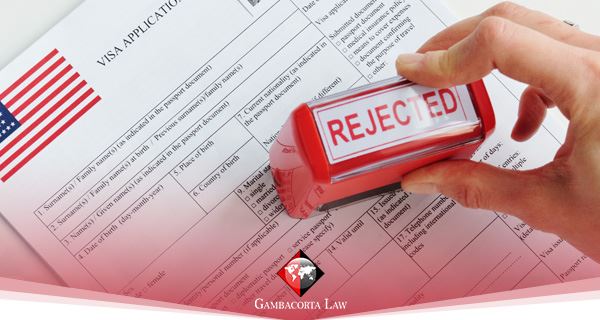The United States and Immigration Services (USCIS) have the full authority to deny you entry into the US even if you have an Advance Parole for several reasons. The Advance Parole application, known as Form I-131, Application for Travel Document, does not guarantee your reentry. After the filing fee is paid and USCIS approves your application, your authorized document will serve as your reentry permit that gives you a pass to a U.S. port of entry. You’ll need to get the physical document before you can travel overseas. Always check the processing times at your local USCIS office to make sure you can get approval before your travel date.
Upon your return, officers from the U.S. Customs and Border Protection (CBP), a branch of the U.S. Department of Homeland Security (DHS), will decide if you can enter the country at the port of entry. Border patrol agents or CBP officers exercise discretion over whether anyone can re-enter the U.S. Even if you have all the correct supporting documents, you can still be turned away by the officers.
Can You Be Denied Reentry?
Something to also consider is you can be denied reentry into the country if USCIS denies your adjustment of status while you were abroad on Advance Parole. Without a pending application, you lose your Advance Parole status since there is no longer a purpose for reentering. USCIS could have denied your application simply for a small error, such as not completing all the application steps while overseas. For instance, you could have missed correspondence at your foreign address and did not respond to their request to attend an interview or other scheduled appointment.
What Should I Do if I Was Denied Entry Into the U.S. With an Advance Parole on Hand?
Getting a denial for advance parole from USCIS is not the end of the world as there are other options you can pursue. The options available to you are dependent on whether you got advance parole on your immigrant visa application or your DACA status.
How to Obtain an Adjustment of Status with Advance Parole?
What happens if your advance parole is nullified because USCIS denied your adjustment of status application? You can then apply for a new visa, such as a tourist visa, if you decide you want to only visit or travel for pleasure purposes, or you could re-apply for a green card. The only way you can reapply for a green card is if the reason USCIS denied your application is not because you don’t qualify for a green card.
Let us say USCIS rejected your application because you did not provide sufficient supporting evidence or you did not respond to requests for additional evidence they sent you. In that case, under immigration law, there is a possibility that you can apply for the same immigration status. You may do so from your home country through your local U.S. Embassy or Consulate or by adjustment of status if you qualify.
Contact Us Today
Most individuals who have been denied entry into the U.S. are encouraged to talk to an immigration lawyer. Discuss your situation with someone very familiar with handling cases that have been denied entry into the country while having an advance parole document. If you call Gambacorta Law Office today at (847) 443-9303, you will be getting the advice you need for your case.
Contact Gambacorta Law Office today to get started with our immigration lawyers in Stokie.


